I've only been operating under this "special needs parent" label for four years, but I've picked up a few things along the way that might be helpful to parents with typical children who aren't sure how to respond to unfamiliar social behaviors.
Kids are naturally curious and, as any parent knows, they are brutally honest with questions and comments. Usually, all of the questions I've gotten from kids are genuinely sincere because they are curious, and often times their parents are mortified and immediately apologize for their child's natural inquisitiveness. Here are a few scenarios and pointers to help "typical parents" get through those awkward, yet normal social encounters.
Let Me Introduce Myself
If you suddenly find yourself in a position where your child is loudly asking you, "What's wrong with her eyes? Why are they doing that?" as he points to my child – take a deep breath and relax. This may be the first time you have had to deal with such an uncomfortable situation, but it's not mine, so let me give you a bit of advice.Take this opportunity and make it a teachable moment for your child. Remind them that not all people are made the same and that we are all unique in our own way. Introduce yourself to my daughter and demonstrate for your child how to conduct oneself in an uncomfortable or new situation. Curiosity in children is innate but, as parents, it's sometimes necessary to illustrate to our kids how to initiate kindness.
What Are You Up To?
Naturally, children with global developmental delays don't always follow the same milestone calendar as typically developing kids. Whether it's gross or fine motor, walking, speaking or holding a utensil, children with delays hit milestones at their own pace. They are often enrolled in hours of therapy on a weekly basis and their parents are responsible for the follow-through and making sure their child's ‘homework' is done.As the parent of a child who didn't walk until she was almost 2, and still needs hand-over-hand assistance to use a utensil at the age of 4, I can tell you that questions like "Is she walking yet?" and "How many words does she say?" are both hard to hear, and hard to answer. When asking a parent how their special needs child is progressing, consider saying, "What is she up to these days?" or "What is he working on?"
I have no doubt that the people asking the questions are asking because they genuinely care about my child and her progress, but when 15 people ask the question over the course of a month it's sometimes hard to focus on the positives, and can feel a little defeating as a parent. Try to ask your questions in a casual, open-ended way that allows for a parent to fill in the blanks.
Same but Different
Children have big imaginations and, like many adults, approach new situations with natural wonder and curiosity. As parents, it's our responsibility to recognize moments that can teach not only our children but ourselves, about empathy and kindness. There is nothing wrong with asking questions. After all, we are all the same, but a little different.Beth Morris is a stay-at-home mom to her daughter who was diagnosed with WAGR syndrome. She started Miranda's Mission to stimulate research and find a cure. Beth serves on the leadership panel for the International WAGR Syndrome Association.

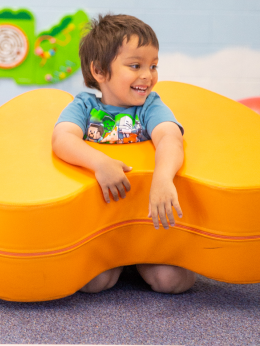




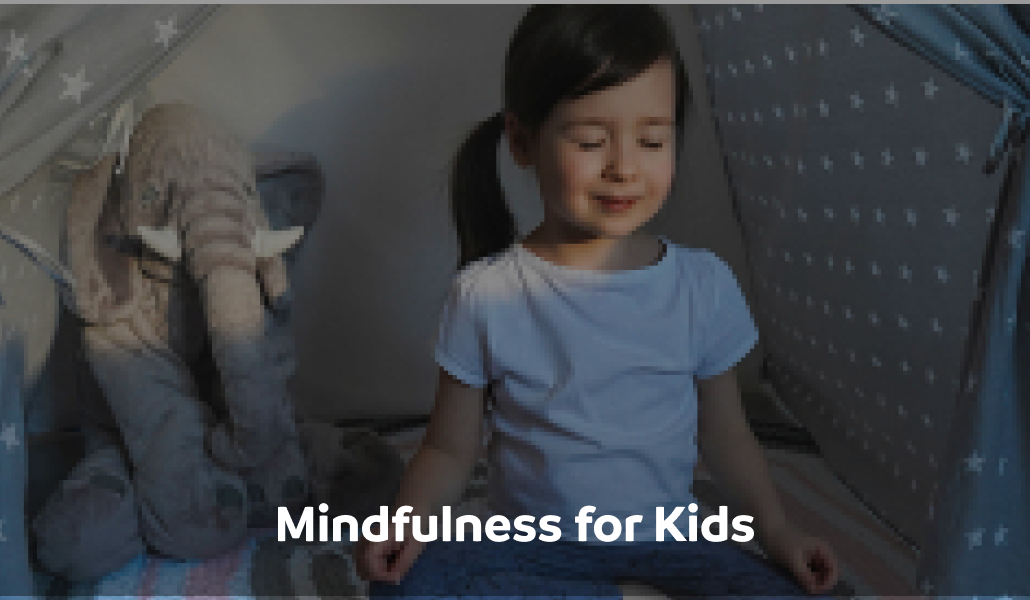

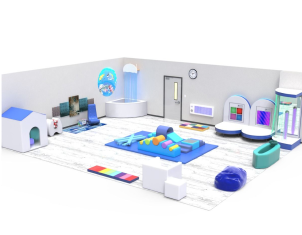

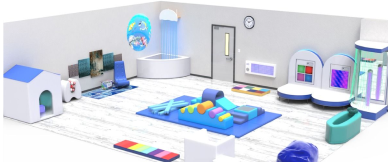

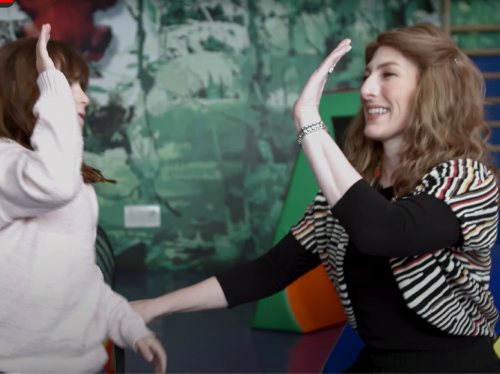
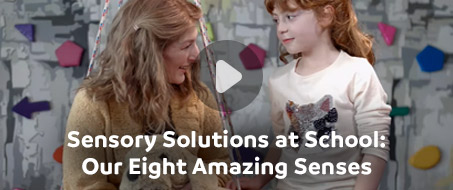
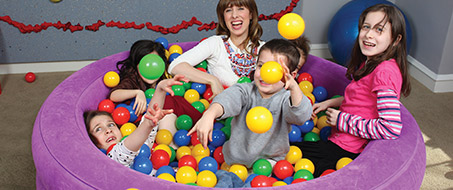




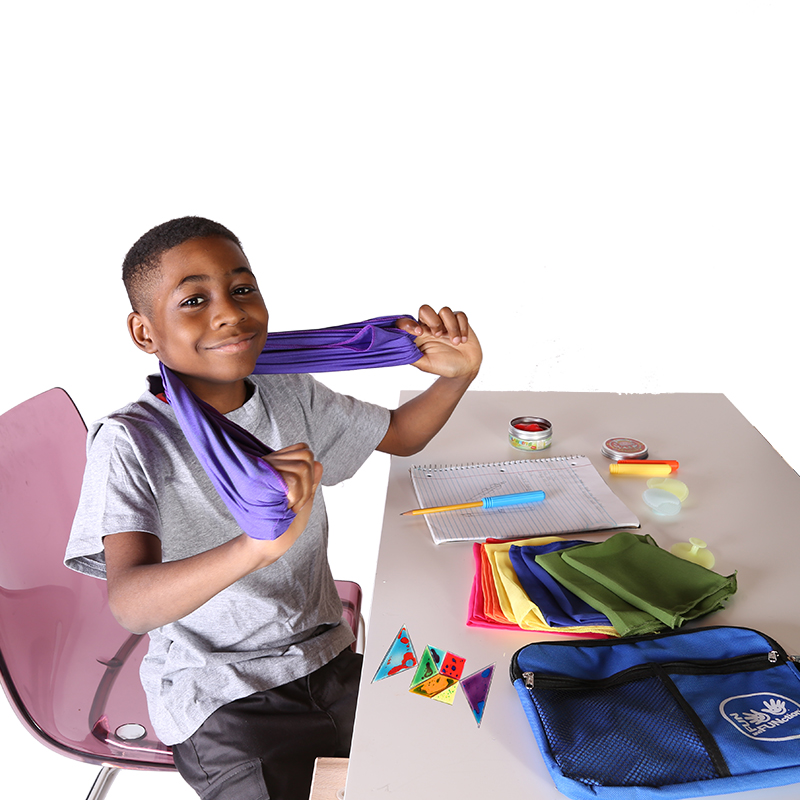


Comments